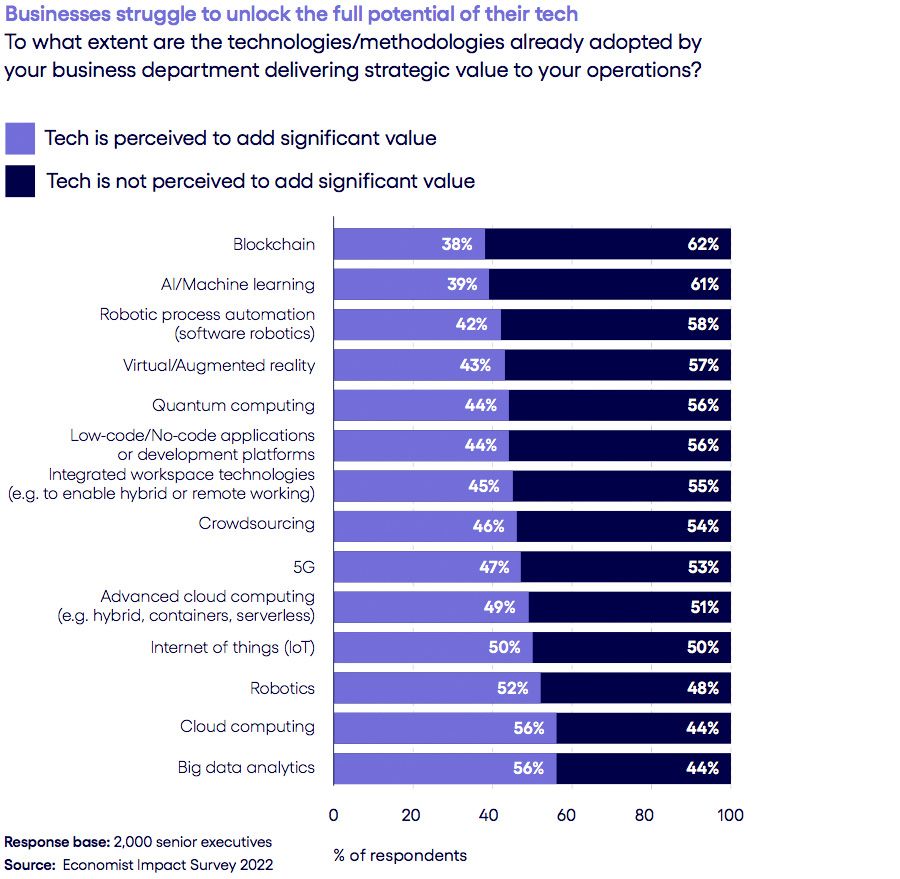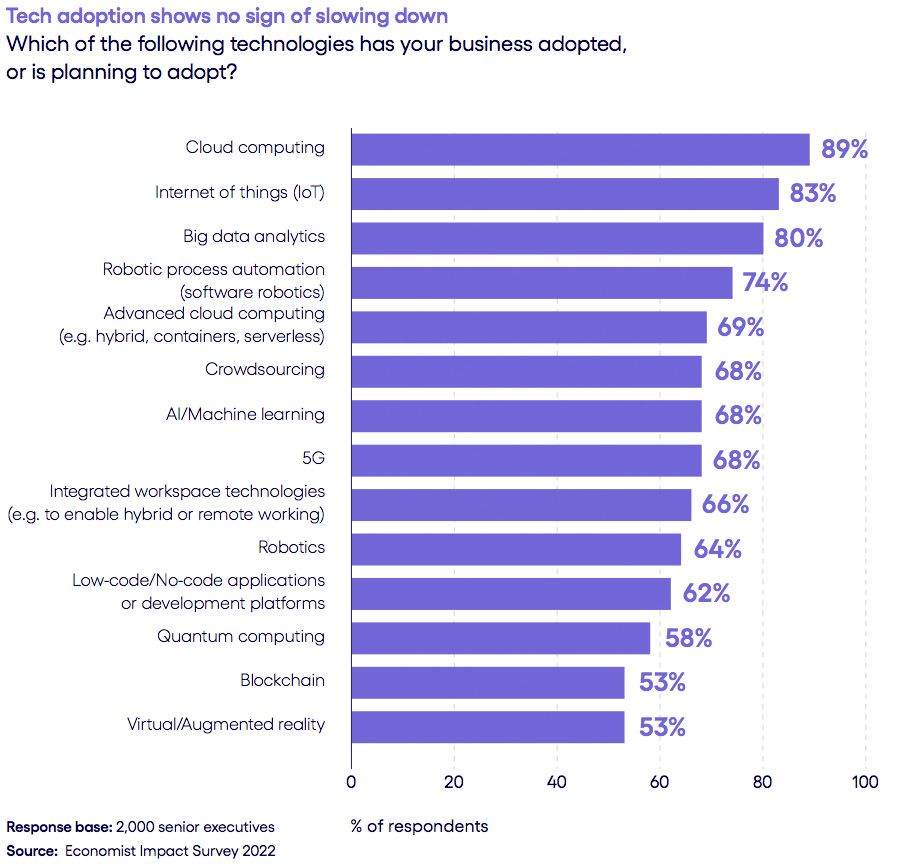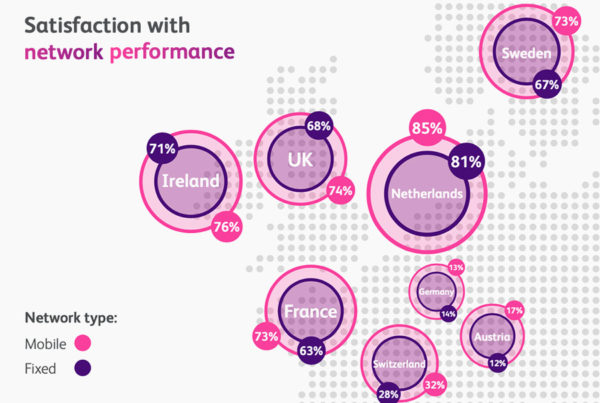Businesses are ramping up their adoption of digital processes, but are also failing to upskill their workforce in order to realise the technology’s potential. Firms must make technology and talent cultivation integral parts of their strategy development in order to correct this.
With companies throwing billions of pounds every year at digital and analytic business transformations, it seems safe to say that the trend is showing no signs of slowing down any time soon. However, for all the promises of digital technology when it comes to improved efficiency and new opportunities, the majority of transformations still fail.
More often than not, this is because executives place too great an emphasis on the power of technology itself, while neglecting the need for empowered professionals to actually operate it. Firms which give their staff re-training, look to bring in new talent to complement their workforce, and give front-line managers the flexibility to enact change often have a higher success ratio when it comes to implementing digital transformation.

Now, a new survey of 2,000 business leaders by Cognizant has flagged up this disconnect, especially when it comes to deriving value from technology investments, and addressing a talent and skills gap. The researchers determined that if firms are to emulate leaders in the digital revolution, and thrive in the post-lockdown economy, they need to build both technology and human resources needs into their long-term strategies.
The analysts found that over 60% of respondents were planning for or had already begun adopting advanced technology such as quantum computing, blockchain, and robotics. Yet nearly 50% claimed they are not achieving significant value from existing technology investments.
The most commonly adopted forms of technology were cloud computing – planning or adopted by 89% of firms – and internet of things, which 83% of respondents pointed to. Meanwhile, as firms still work to derive value from the reams of consumer data they collect, 80% are investing in big data analytics infrastructure. However, in line with the other broader average, 44% of firms do not perceive cloud computing or big data analytics as adding ‘significant value’ while in internet of things’ case that was exactly 50%.

Mounting frustrations from this perceived lack of progress is seeing some previously hyped technologies fall out of favour. While blockchain adoption seemed to be on the agenda of every boardroom in the economy two years ago, only 38% of adoptees have seen it add ‘significant value’, and accordingly it is one of the least popular technologies in Cognizant’s survey now – with just 53% of firms looking to adopt it. But rather than simply bin technologies off as not giving value, Cognizant finds that firms should first look at how they are cultivating talent.
The researchers identified a number of best practices for cultivating talent. These included actively tracking employee skill gaps; integrating training into employee schedules; including learning requirements into employee evaluations; using acquisitions to obtain hard-to-find talent; and coaching or mentorship programmes to help current staff get the most out of new technologies and modes of working. Shockingly, only about two-fifths of companies reported using any of them – suggesting this might be the area where firms find the missing X-factor when it comes to deriving value from digital change.
Euan Davis, Head of Cognizant Research concluded, “To succeed as a modern business, leaders must be ready for anything, and prioritization is key when everything seems equally critical. We’ve shown that savvy technology investment and attention on developing talent with new and expanded skillsets are core elements of focus on which leaders can build.”




